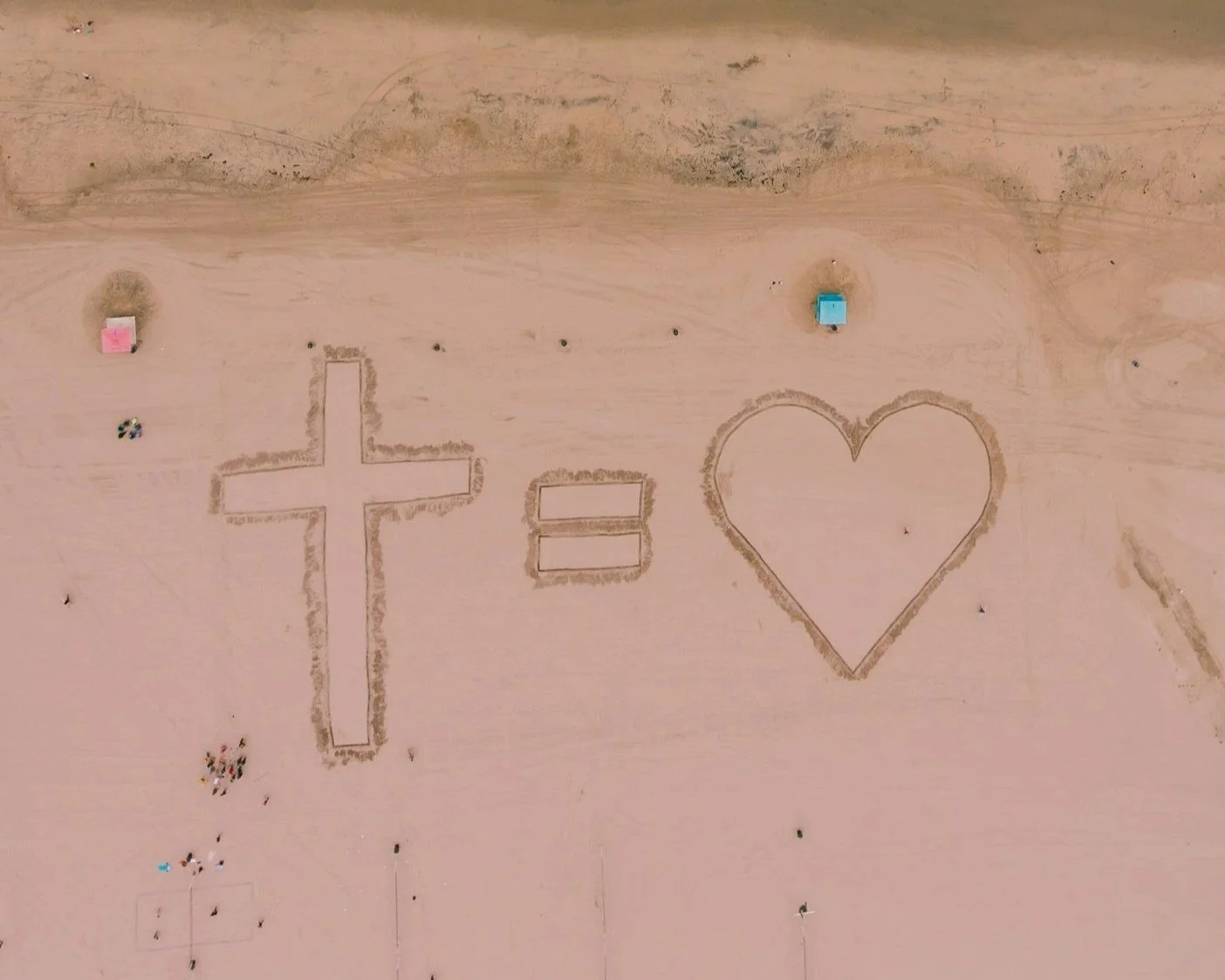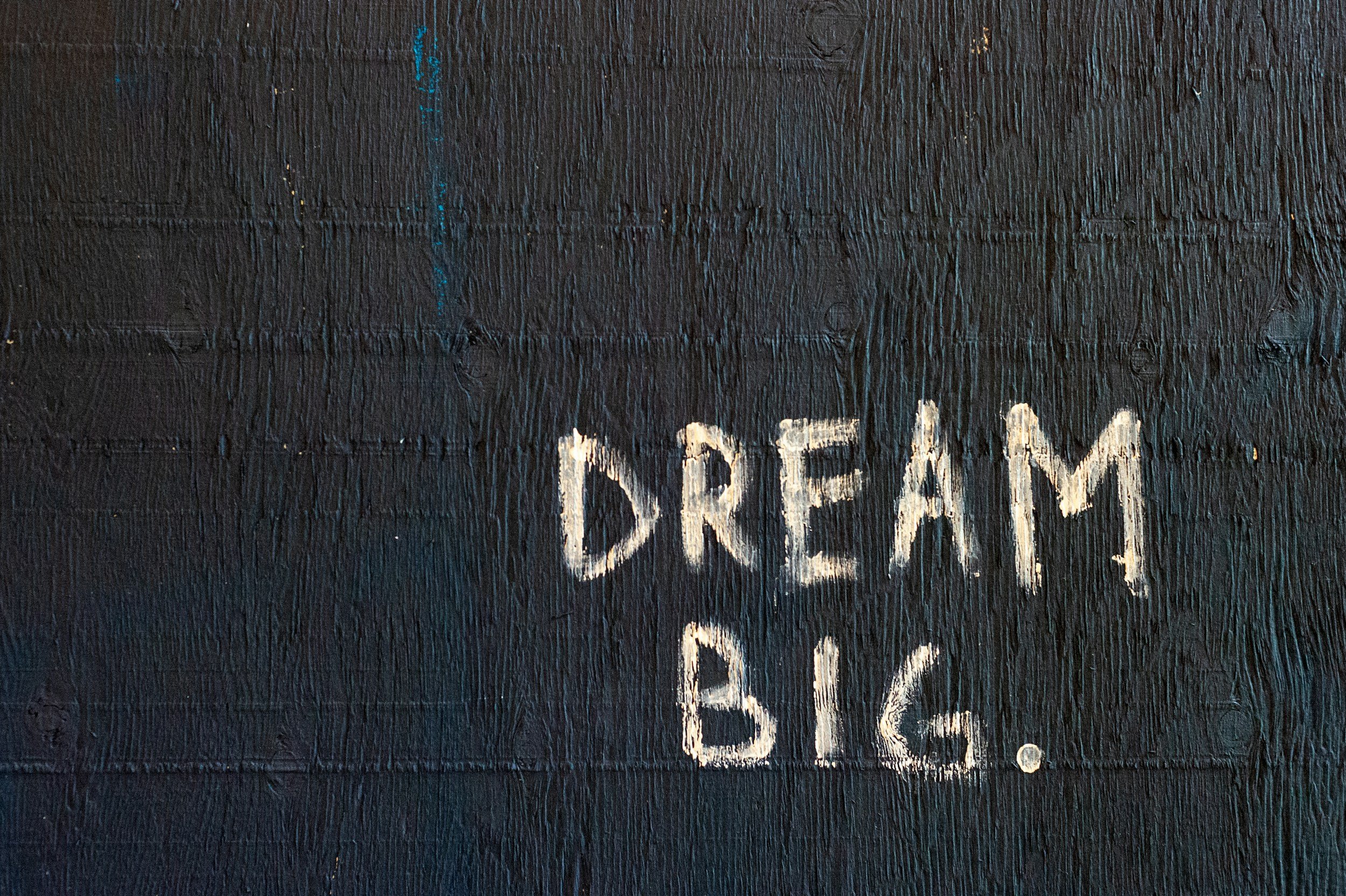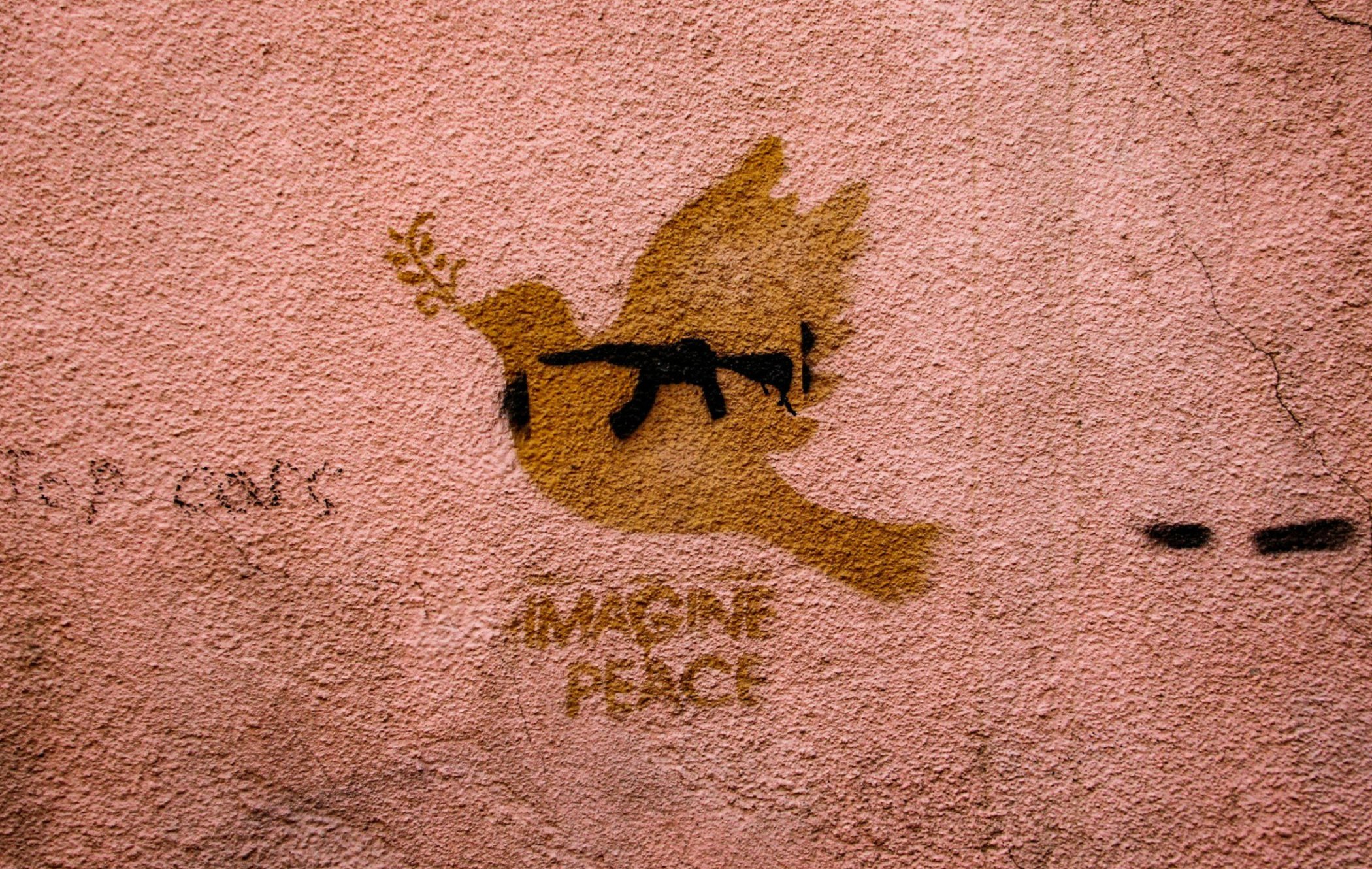Walking the narrow path in a world that invites rage
When I became a follower of Jesus, everything changed. My citizenship, my allegiance, my purpose. I no longer belonged to the kingdoms of this world. I was transferred from the kingdom of darkness to the kingdom of light. I became part of something real, something lasting. A kingdom that doesn’t operate by the rules of power or control or violence. A kingdom that looks like Jesus.
And in that kingdom, I’m not just a passive citizen. I’m an ambassador. I bear witness to the way of Jesus with my life. And this witness isn’t just about what I believe, it’s about how I live. It’s about the way I treat people. The way I respond to pain. The way I speak about those in power, and those crushed under it.
The ethics of the kingdom are not a mystery. Jesus gave them to us plainly. We see them in the Sermon on the Mount. We hear them in the Beatitudes. We feel them in his teachings—about loving our enemies, turning the other cheek, trusting God for our daily bread. Jesus didn’t just tell us what the narrow path looks like. He walked it.
He walked it as someone poor. As someone colonized. As someone who lived under occupation. He had no status, no political leverage. He was a refugee. He was brown-skinned and powerless. And yet—he loved. He forgave. He fed the hungry. He embraced the outcast. He stood between a woman and her accusers. He called sinners his friends. And he kept loving, even when it cost him everything.
His life was kenosis—self-emptying, sacrificial love. And never more so than on the cross. As he was being lynched by the state, his final words were words of forgiveness. This is what power looks like in the kingdom of God.
This is the way. This is the narrow path. This is the tree that bears good fruit. This is the house built on the rock.
And we don’t do this just to go to heaven someday. We do this to bring heaven here. To make visible the reign of God. To live in such a way that people catch glimpses of what it means to live with no more tears, no more death, no more pain.
But I’ll be honest. The more I advocate for Palestinians, the more I speak out against injustice, the easier it is for me to lose sight of Jesus. I get angry. I get bitter. I feel rage. And if I’m not careful, I stop reflecting the kingdom of Jesus and start reflecting the kingdoms of this world.
And that’s not the path I want to be on.
I believe followers of Jesus must be political. Not in a partisan sense, but in a prophetic one. We must speak out. We must take sides—with the oppressed, with the vulnerable, with those the world casts aside. We must name evil, even when it wears a clerical collar or sits behind a pulpit. We must say the truth, even when it costs us. That’s what ambassadors do.
But we must not lose sight of our King.
We don’t fight injustice by becoming like the unjust. We don’t stand against hate by becoming hateful. We don’t work for the beloved community by abandoning the One who showed us what love really looks like.
We don’t do this work in our own strength. We don’t fight injustice by becoming like the unjust. We don’t stand against hate by becoming hateful. We don’t work for the beloved community by abandoning the One who showed us what love really looks like.
This post is for me, and maybe for you too. For those of us who feel the fire in our bones but sometimes lose our way. Let’s keep walking the narrow path. Let’s stay rooted in the ethics of Jesus. Let’s be the kind of ambassadors this broken world needs.
Because the way of Jesus is still good. It is still beautiful. And it still leads to life.
This blog was originally posted at https://substack.com/home/post/p-160490815
Mike McDougle is a Peace Catalyst Peace Ambassador in Lithuania. Originally from the United States, “Dougle” is interested in the intersection of peace studies, theology, and culture. Learn more about Dougle here.




